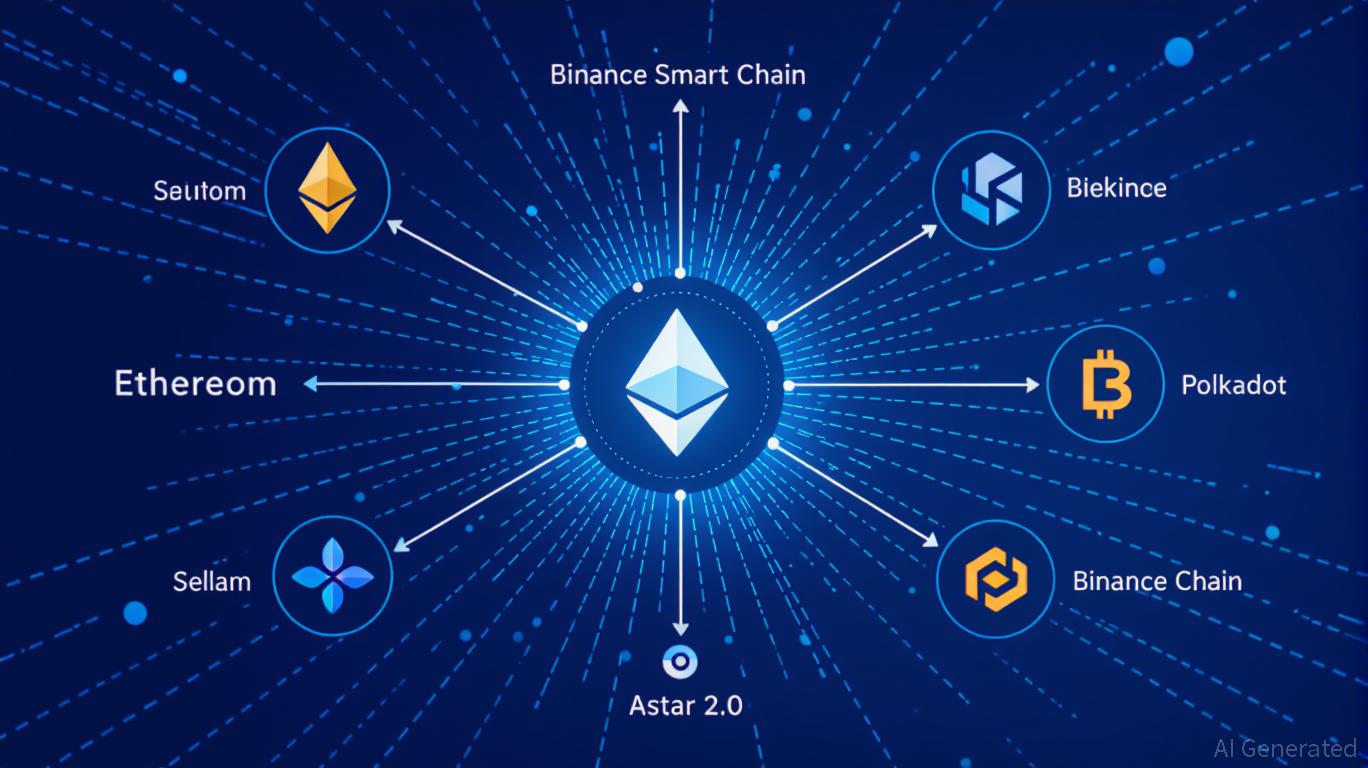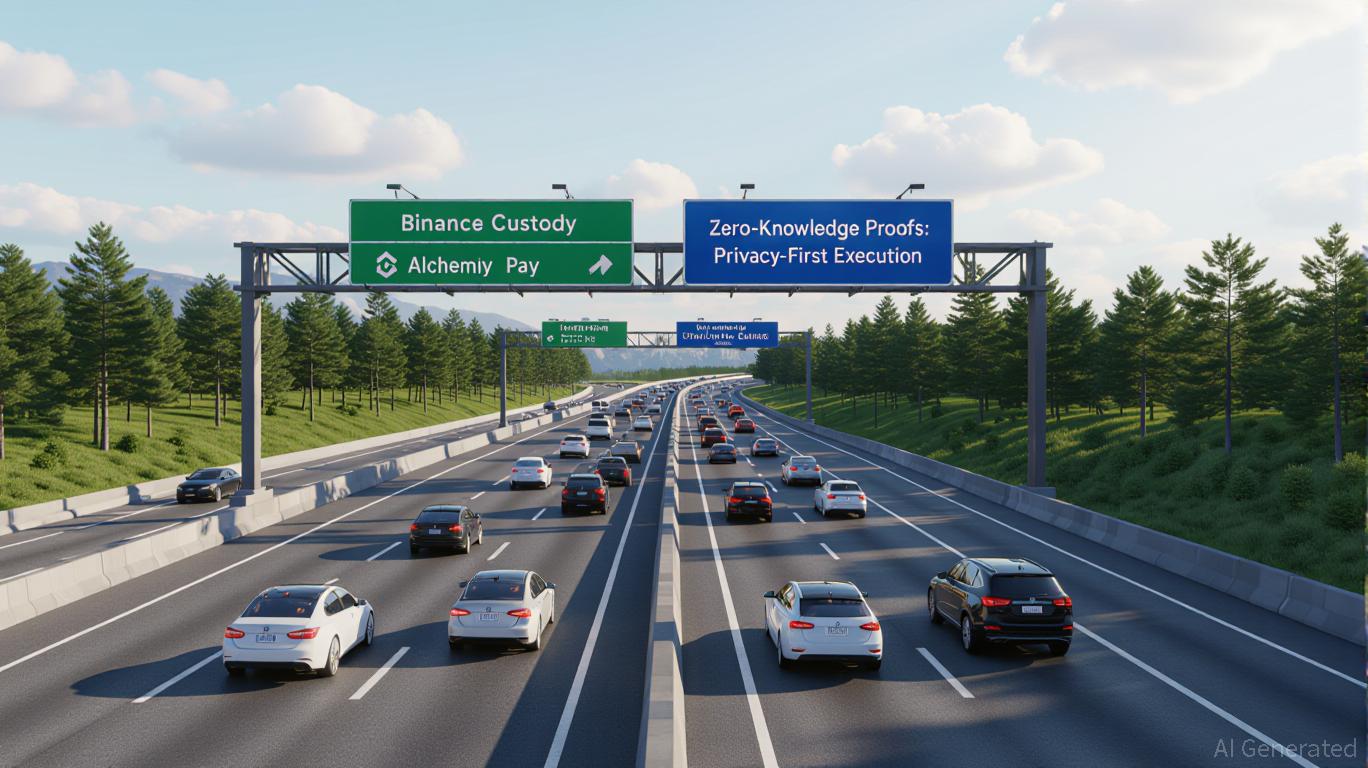Sixteen years ago, engineers involved in Google’s self-driving initiative carried out their initial autonomous vehicle trials on the highway linking Silicon Valley and San Francisco.
That project would later evolve into Waymo, and testing of autonomous vehicles would broaden—reaching additional cities. In time, Waymo rolled out commercial robotaxi operations in Phoenix, San Francisco, and Los Angeles, with other locations joining soon after.
However, despite those early experiments, highways remained largely inaccessible—until now.
On Wednesday, Waymo announced it will start providing robotaxi trips that utilize highways in San Francisco, Phoenix, and Los Angeles. This marks a significant step for the company, which claims the move could cut travel times by as much as half. Such improvements may appeal to new users who need to travel between various towns and suburbs in the Bay Area or want faster commutes across the extensive metro regions of Los Angeles and Phoenix.
Highway access is also a key requirement for Waymo to serve trips to and from San Francisco Airport, a destination where the company is currently conducting tests.
Initially, not every Waymo customer will have access to this feature, according to the company. Riders interested in highway journeys can indicate their preference in the Waymo app. Once a ride is requested, they might be paired with a trip that includes highway segments, as per Waymo’s statement.
Waymo’s robotaxi coverage will now extend to San Jose, creating a continuous 260-mile service corridor throughout the Peninsula, the company said. Waymo also plans to start curbside pick-up and drop-off at San Jose Mineta International Airport, adding to its existing curbside service at Sky Harbor Phoenix International Airport.
 Image Credits:Waymo
Image Credits:Waymo
“Driving on highways is something that’s simple to pick up, but extremely challenging to perfect—especially when aiming for full autonomy at scale, without a human backup,” Waymo co-CEO Dmitri Dolgov explained during a press briefing. “Achieving this safely and reliably required considerable time and attention.”
Waymo’s robotaxis have been seen on highways for several months. Last year, TechCrunch took a test ride in Phoenix that included highway driving. The company has been offering such trips to its employees for over a year, and has expanded its testing to include both closed courses and simulations.
Although many believe highway driving is less complex, it presents its own difficulties, principal software engineer Pierre Kreitmann shared in a recent update. He pointed out that critical incidents are less frequent on highways, providing fewer chances for Waymo’s system to encounter rare situations and demonstrate its performance when it counts most. To address this, the company supplemented public road testing with closed course and simulation environments.
Kreitmann noted that this expanded testing and software validation aimed to guarantee vehicles could shift between highways and city streets smoothly and safely, while also understanding and adapting to the specific road environment around them.
Waymo has also updated its operational procedures, including how it works with safety authorities such as the California Highway Patrol, now that its robotaxis are operating on highways.



